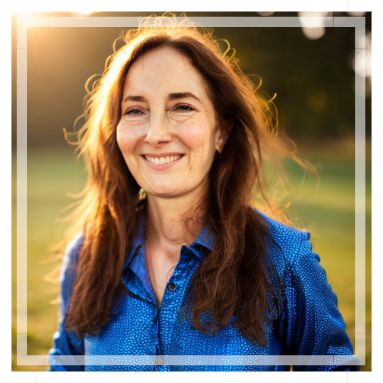
Addiction Counselor
Carolyn AlRoy, Psy.D.
Licensed Psychologist
60 West 13th St., Suite A, New York, New York 10011 | 3473063454
Overall, I treat addiction much like I would treat any other crisis. I would do addiction assessment to make sure I'm the right person to treat you. I'd identify triggers, what makes you more likely to repeat the addictive behavior. I can work with substance use and sex addiction. My general belief is that addiction is a way that people avoid dealing with other people and their problems. It can be a learned behavior. In order to stop doing the offensive behavior, it is important to focus on what you do want to do. This is the process of recovery, and I will do my best to facilitate this.
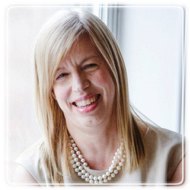
Addiction Counselor
Heidi Seifert, LCSW-R, MA
Licensed Clinical Social Worker
85 Fifth Avenue, New York, New York 10003 | 917-456-4127
You went after work to hang out with friends. You had some drinks or you got high. Everything was fine in the beginning until you noticed that just stopping was no longer easy. I believe that people can reduce or completely stop. The choice is yours to make. There are consequences to working me; you may decide you don't need to be high or drunk to enjoy yourself.
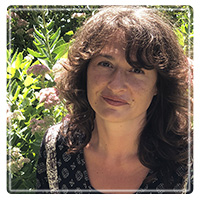
Addiction Counselor
Rebecca Mitchell, LCSW, MSEd, SIFI
Psychotherapist
653 East 14th Street, New York, New York 10009 | 646-245-5278
Drugs, alcohol, sex, gambling, love, food, netflix etc. WORK! You would not use them to survive feelings that are otherwise unbearable, if they didn't. Unfortunately, there is simply never enough, or the consequences become dangerous and/or intolerable. Eventually the feelings of neglect, isolation, alienation, paranoia and loneliness return. Treatment for addiction will allow you to accept your feelings and your past so that you can regain control over your life and choices, heal relationships, and restore your sense of esteem, dignity and agency.
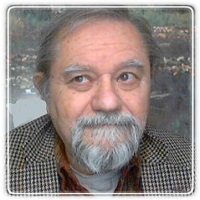
Addiction Counselor
Gerald Schoenewolf, Ph.D.
Licensed Psychoanalyst
99 E 7th Street, New York, New York 10009 | 347-712-1752
There are all kinds of addictions, from substance abuse to internet pornography. In each case, the bottom line is that a person is dealing with feelings of depression, anger or anxiety in a destructive way. They drink, gamble or look at pornography whenever they feel stress, but do not face the feelings that are causing the stress and work through them. I encourage addicts to make use of 12-step programs in combination with psychotherapy. When they stop denying and commit themselves to both, they quickly make progress.
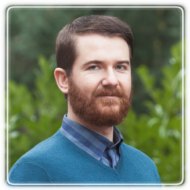
Addiction Counselor
Philip Kolba, MA LCPC NCC
Psychotherapist
New York, New York 10013 | 503-606-6412
Addiction is a mental health condition and I treat addiction by a multi-pronged process predominately from a Dialectical Behaviour Therapy (DBT) model. I help my clients understand the reasons they use a substance or engage in an addictive behavior, teach them skills regulate their emotions and tolerance distress that might otherwise lead them to engage in their addiction, and address any underlying issues that contribute to their addiction. I also help clients with with concerns about their substance use or compulsive behavior to avoid developing addictions.
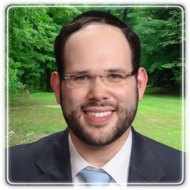
Addiction Counselor
Joseph Tropper, PsyD, MS, LCPC
Licensed Clinical Professional Counselor
Brooklyn, New York 11201 | 4439291801
Addictions range from alcohol and drugs to internet, money, gambling and many other challenges. Do you find yourself struggling to get back on your feet only to fall right back down on your face even harder than the last fall. You cannot do it alone. Willpower is helpful but it is not enough for many forms of addiction. It is time for you to admit that you need help and support to get to recovery.
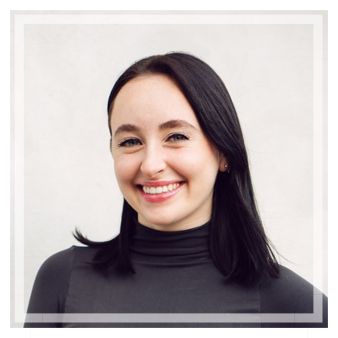
Addiction Counselor
Allison Gaydos, LMSW, LSW
Psychotherapist
26 Journal Square, Jersey City, New Jersey 07306 | 201-243-4435
Individuals in the process of recovering from substance use can learn how to prevent relapse, identify and process triggers associated with substance use, learn interpersonal and emotion regulation skills to navigate life in recovery from using substances and assist in developing a positive support system. Individuals can learn about treatment and recovery from substances.
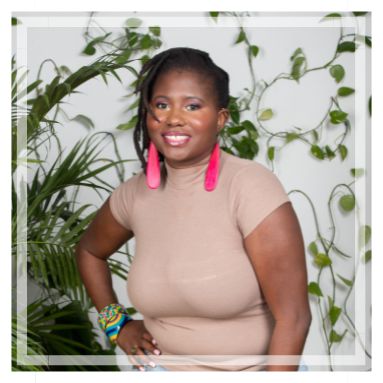
Addiction Counselor
Audrey Augustave, LMHC, LPC, LCADC
Licensed Professional Counselor/ Licensed Clinical Alcohol & Drug Counselor
26 Journal Square #505, Jersey City, New Jersey 07306 | 201-975-3104
Audrey will help you work through addiction as a symptom to a bigger problem instead of the core problem in your life. She will help you identify behavioral patterns and negative core beliefs about yourself and the world around you. Through this you will work through develop healthy coping skills outside of substance use and develop a fully developed esteemable life you can be proud of.
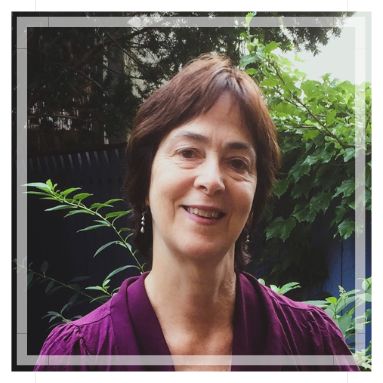
Addiction Counselor
Sheryl Eisenberg, LCSW
Psychotherapist / Licensed Clinical Social Worker
Brooklyn, New York 11218 | (973) 692-6207
Addictions are complicated. They arise for a number of reasons -- biological, psychological, experiential and environmental. Different types (e.g., drug, sex, and gaming addictions) pose different risks. And they are frequently accompanied by other mental health issues, such as depression, anxiety and trauma. Due to this complexity, there is no one-size-fits-all solution. I will work with you to understand the severity of your addiction; the factors that drive it; its interaction with other mental health issues; and its effects on your well-being, relationships, work, and life. This way, we can address it appropriately, along with whatever other struggles you may be experiencing.
